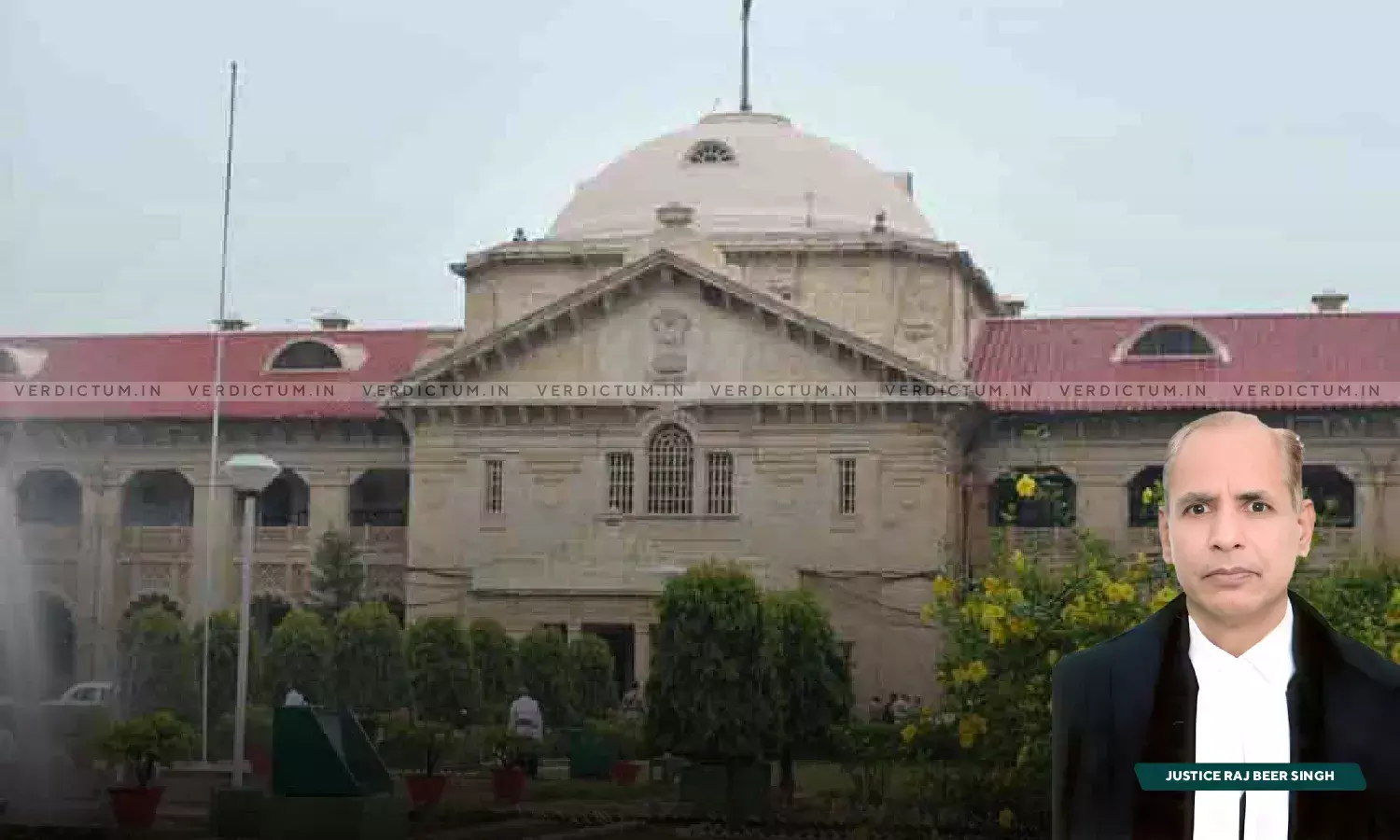Allahabad High Court Grants Bail To Mukhtar Ansari In 2007 Gangster Act Case, Refuses To Stay Conviction

The Allahabad High Court granted bail to Mukhtar Ansari, a former MLA and gangster, in a case dating back to 2007, which was registered under the Gangsters Act. Ansari filed an application under Section 389(1) of the Code of Criminal Procedure (CrPC) seeking the suspension of the sentence and release on bail. He had been convicted under Section 3(1) of the Uttar Pradesh Gangsters & Anti Social Activities (Prevention) Act, 1986, and sentenced to ten years of rigorous imprisonment with a fine of Rs. 5 lakhs.
A Bench of Justice Raj Beer Singh agreed to suspend the sentence and grant bail to the appellant during the appeal, given the time already served and the nature of the case. However, it refused to stay the conviction at this point, indicating that this matter would be addressed in a future hearing. The Court also stayed the fine during pendency of this appeal.
The Court added, “I am of considered view that the instant case does not fall within the ambit of such rare case so as to warrant the stay of conviction of appellant and thus, no case for stay of conviction of appellant is made out.”
Advocate Upendra Upadhyay appeared for the Petitioner and Advocate Manish Goyal appeared for the Respondent.
Ansari's legal counsel argued that the Gangsters Act had been applied to Ansari based on his alleged involvement in the 2005 murder of BJP MLA Krishna Nand Rai. In that case, Ansari had already been acquitted. The appellant's counsel also emphasized that Ansari had already served more than 10 years of his sentence during the trial, making his continued detention after conviction unjustified.
The state counsel, on the other hand, opposed the bail plea, citing substantial grounds for keeping Ansari in custody. Following arguments from both sides, the high court reserved its order. In the gangster case, Ansari's brother, Afzal Ansari, was also sentenced to four years in prison.
The Court added, “Thus, it is apparent that an order granting stay of conviction is not the rule but is an exception to be resorted to in rare cases depending upon the facts of a case. Where the execution of the sentence is stayed, the conviction continues to operate. But where the conviction itself is stayed, the effect is that the conviction will not be operative from the date of stay.”
Cause Title: Mukhtar Ansari v. State of U.P.
Click here to read/download Order


